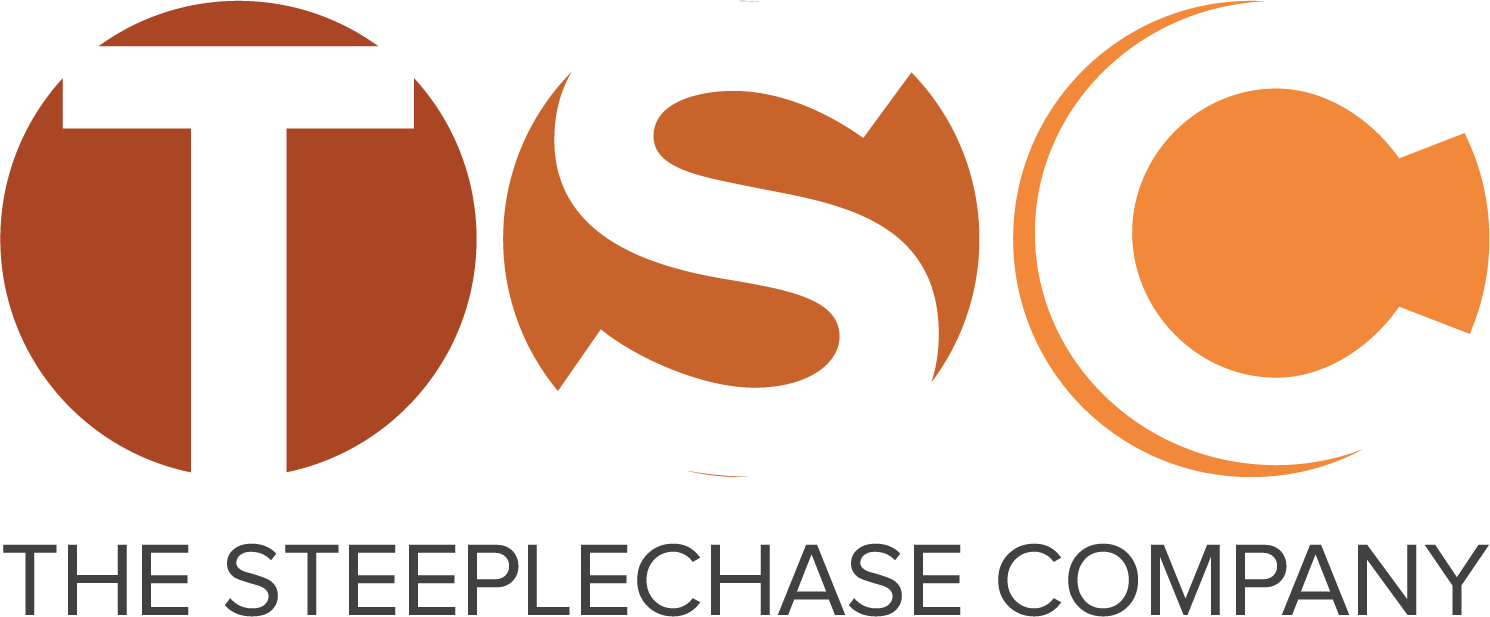The age of social media allows healthcare providers to provide accessible health education while driving patient engagement. These are two great things, but many healthcare professionals are running into problems with The Stark Law.
Before we delve into the issues many physicians run into, let’s do a quick rundown of what Stark Law is.
Explaining The Stark Law
It’s also known as the physician self-referral law.
The Stark Law prohibits a physician from making referrals for certain designated health services (DHS) payable by Medicare. A physician must not make a referral to any organization with which they have a financial relationship (ownership, investment, or compensation).
The law even includes those investments of the physician’s immediate family members.
The following services are considered DHS:
- Clinical laboratory services
- Outpatient prescription drugs
- Physical therapy services
- Occupational therapy services
- Outpatient speech-language pathology services
- Radiology and certain other imaging services
- Radiation therapy services and supplies
- Prosthetics, orthotics, and prosthetic devices and supplies
- Durable medical equipment and supplies
- Parenteral and enteral nutrients, equipment, and supplies
- Home health services
- Inpatient and outpatient hospital services
Nearly 30 years ago, Stark Law was created to deter physicians from sending patients for unnecessary testing for financial gain.
However, through the years, lawmakers have added regulations to include a series of rules intended to curb physician self-referral.
How to Legally Market with Social Media
You want to avoid getting your practice into some hot water!
But if you are mindful to take the right precautions, you can run a successful marketing campaign. What’s more, it can still effectively educate and reach out to patients in a truthful way.
When it comes social media marketing, make sure your practice respects these three key areas:
1. Be truthful
Do not make grandiose promises or statements if you cannot support them.
For example, if you claim to be the “best specialist in the region,” you could face blowback if can’t back up these claims. Additionally, you shouldn’t (and can’t) market for specialty areas for which you have properly trained.
2. Protect your patients
Patient anonymity is always of the highest importance. And you must pay special attention to this when it comes to marketing and social media.
It’s not uncommon to use ads or patient testimonials. But if you do so, you must go the extra mile to guarantee the patient isn’t traceable in any way.
A better strategy is to focus your attention towards specific conditions, research or treatments. Doing so is easier than tackling the feat of keeping patients anonymous.
3. Ensure compensation is fair market value
A big legal issue hospitals and specialized healthcare providers run into is ensuring that their services are compensated at a fair-market price.
The problem is, price might not be determined with consideration to the volume or value of referrals to the practice.
If you want to reach the patients who need you the most, but you’re nervous or unfamiliar with the broad Stark Laws, we can help! We’ve been in the industry for nearly two decades and are well-versed in current laws.
Schedule your FREE consultation or call one of our experts today!
We’re Here to Help

